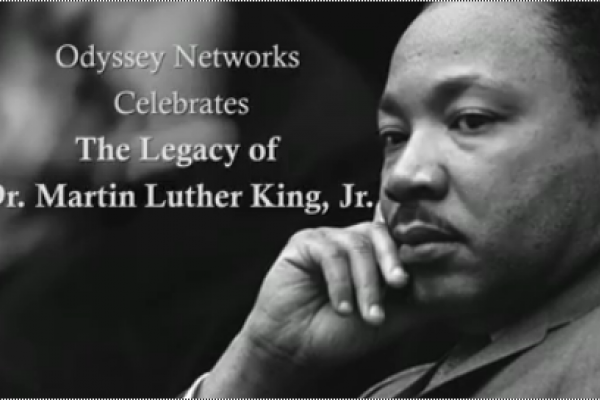The upcoming March on Washington has been on my mind as I reflect upon this week’s Gospel reading from Luke about a banquet. I personally love banquets. You get to adorn yourself with the finest trappings, dance the night away, and if the food is good, that is an added plus! But what I find most frustrating? Knowing a banquet is occurring, and I have not been invited. “Did I do something wrong? Do I not meet a certain standard? Who did get invited?” My wondering is filled with emotion.
What if America was a banquet, and at this banquet the servings were fair wages, just trials, civil rights and liberties, but offered by invitation only? According to those who “March(ed) on Washington,” this was exactly the case. Blacks deserved the same fair treatment as whites, and they were protesting to bring about the necessary changes. Perhaps if everyone took heed of Jesus’ instructions on banquet etiquette, things would be different and better.
Read the Full Article

